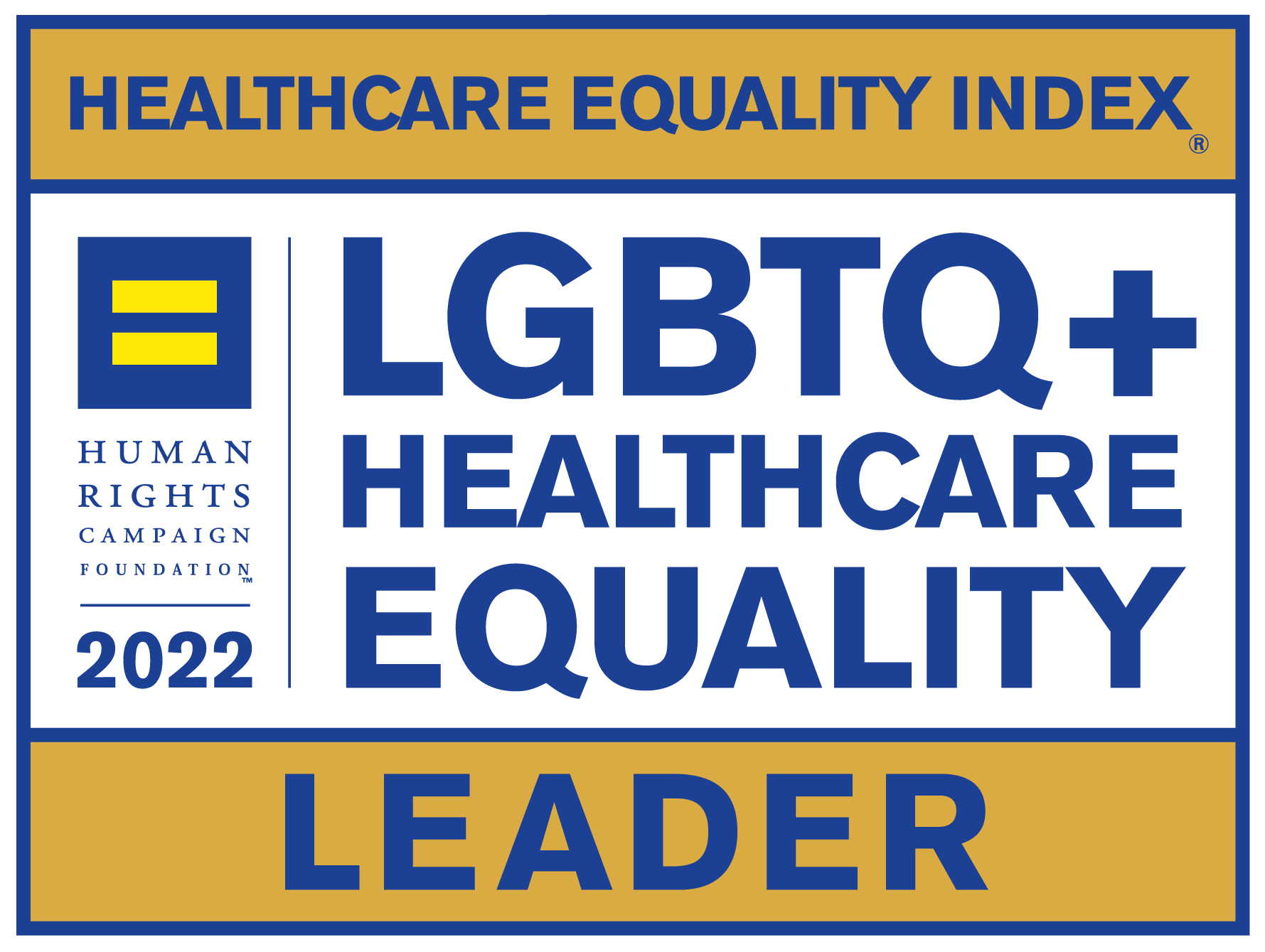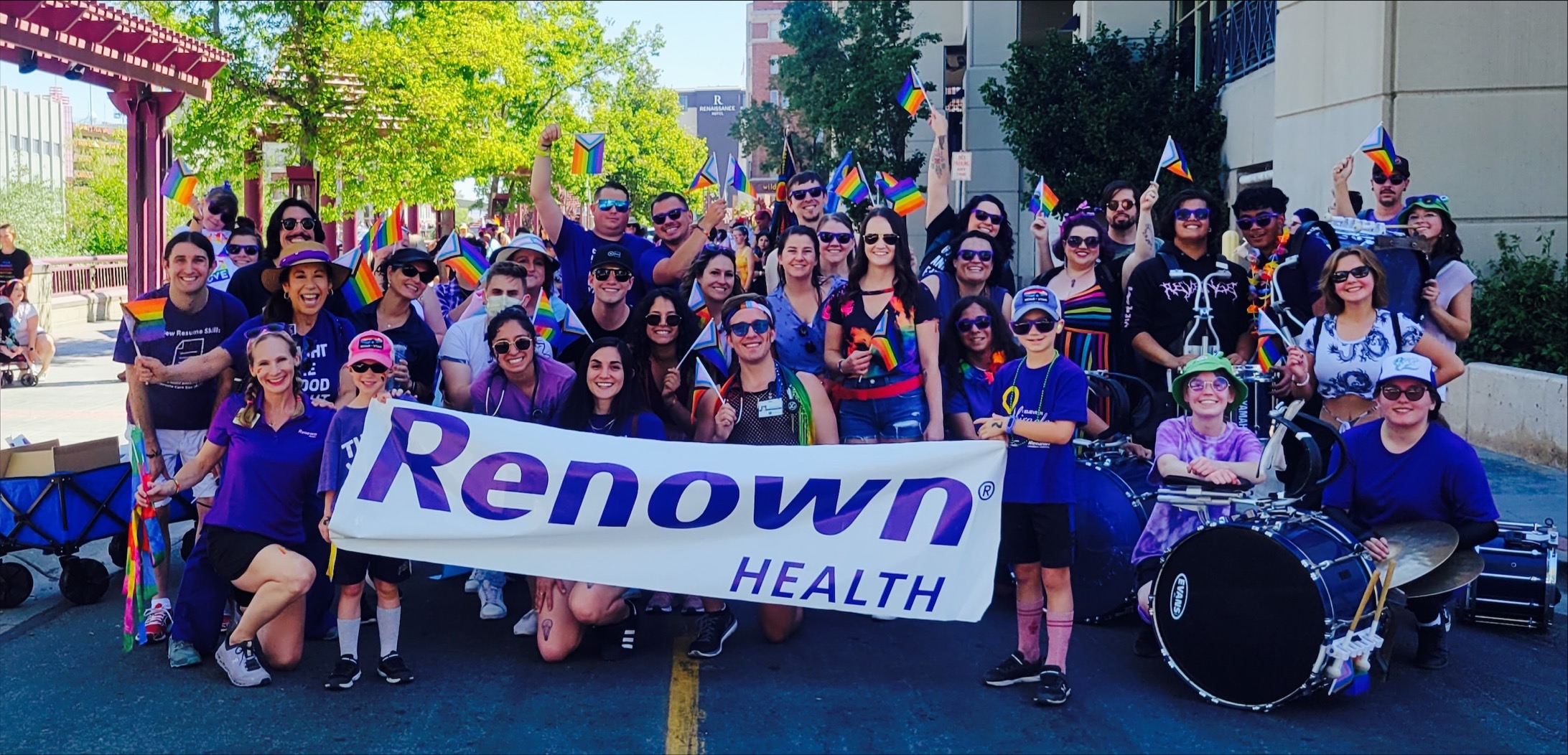COMMUNICATION
Health Care Benefits of Inclusionary Policies for LGBTQ+ Patients
 Nearly 60% of lesbian, gay, and bisexual adults and 70% of transgender or gender-nonconforming adults face discrimination from health care professionals. This bias includes clinicians refusing provide care, refusing to touch them or only doing so after taking excessive precautions, speaking in harsh or abusive language, blaming them for their health status, and/or being physically rough or abusive. These behaviors were some of the findings of a report from Lambda Legal, a civil rights organization that focuses on lesbian, gay, bisexual, and transgender communities as well as people living with HIV/AIDS.
Nearly 60% of lesbian, gay, and bisexual adults and 70% of transgender or gender-nonconforming adults face discrimination from health care professionals. This bias includes clinicians refusing provide care, refusing to touch them or only doing so after taking excessive precautions, speaking in harsh or abusive language, blaming them for their health status, and/or being physically rough or abusive. These behaviors were some of the findings of a report from Lambda Legal, a civil rights organization that focuses on lesbian, gay, bisexual, and transgender communities as well as people living with HIV/AIDS.
According to Tari Hanneman, director of the Health & Aging Program of the Human Rights Campaign (HRC) Foundation in Washington, D.C., the Lambda Legal report should serve as a call to action for the health care field to address the health disparities encountered by lesbian, gay, bisexual, transgender, and queer (LGBTQ+) patients.
“Many LGBTQ+ people delay or avoid health care because of their fears related to past or anticipated discrimination,” Hanneman says. “Transgender patients are the most vulnerable, and the most common type of discrimination [they face] would be misgendering when a provider does not use the correct name or pronoun.”
Health systems seeking to close these gaps can find guidance and resources through participation in the HRC’s Health care Equality Index (HEI). Now in its 15th year, the HEI is a national benchmarking tool that evaluates health system policies and practices related to equity and inclusion for LGBTQ+ patients, visitors, and employees.
The annual survey evaluates more than 2,200 health systems in the United States, encompassing nearly one-third of all inpatient hospital beds and accounting for more than 335 million outpatient visits annually, according to Hanneman.
The 2022 survey found that while 74% of participating health systems have an official plan for reducing disparities that specifically includes LGBTQ+ patients—as well as race, ethnicity, and linguistic concerns—only 14% have dedicated clinics for LGBTQ+ patients that are promoted to the public.
Moreover, just 54% have policies that specifically outline procedures and practices aimed at eliminating bias and insensitivity and ensuring appropriate, welcoming interactions with transgender patients, the HEI reports.
Making Inclusion Transparent: Renown Health
In addition to evaluating how participating health systems are performing on LGBTQ+ equity and inclusion, the HEI has helped them become more inclusive through its evaluation of current policies and established “best practices.” One system that has benefited from involvement with the HEI is Renown Health, which operates hospitals in Reno, Nevada.

“Having the HEI framework has allowed us at Renown Health to inventory our policies and practices, understand where we have gaps, and set priorities and resources that allowed us to foster change,” notes Suzanne Hendery, the chief marketing, communications, and customer officer at Renown Health.
Renown credits the HEI framework with helping the system implement:
- Foundational policies and staff training in LGBTQ+ patient-centered care,
- Tailored LGBTQ+ patient services and support,
- Employee benefits and policies designed to meet the needs of LGBTQ+ staff, and
- Patient and community engagement programs.
As a result of these changes, Renown has updated its medical record system to enable incorporation of information related to patients’ sexual orientation and gender identity. In addition, all health system facilities allow visitation without regard to sexual orientation or gender identity and include gender-neutral restrooms.
All 7,000 staff members at Renown undergo two hours of LGBTQ+ patient-centered care training when they are hired and annually thereafter, and system employees and members of its not-for-profit health plan are offered transgender-inclusive benefits. The system also partners with its medical providers and LGBTQ+ agencies and allies in the community to add or improve new clinical services and address health indicators and concerns.
Perhaps most importantly, both “sexual orientation” and “gender identity” are included in Renown’s patient and employment nondiscrimination policies. The HEI recommends that three “foundational” non-discrimination policies be made LGBTQ+ inclusive: a health care organization’s patient and employee nondiscrimination policies and their patient care partner/visitation policy.
“These policies are not always easy for patients to locate and understand, but they should be,” Hanneman explains. “A clear nondiscrimination statement that includes sexual orientation and gender identity among the enumerated list of protected classes should be in every health care organization’s patient bill of rights, and that patient bill of rights should be easy to find on an organization’s website. Having these policies clearly communicated helps to reassure patients that a facility is a safe space. If a person sees a nondiscrimination statement that does not include some element of their identity, they are more likely to not feel seen or safe going to that facility.”
Renown has addressed this issue by creating a website designed to make it easier for patients to find and interpret its nondiscrimination policies so that everyone “can locate and understand their rights and responsibilities,” Hendery adds.
“We have a number of nondiscrimination policies pertaining to employee recruitment, patients and visitors, current employees, students and physicians, and enrollees and members of our health plan,” Hendery notes. “Through participation in the HEI, we were able to assess and expand our policies and programs to be sure we were universal and consistent in our policies, approach and training.”
Generally, under these policies, every patient at Renown “has the right to competent, considerate and respectful care in a safe setting that fosters the patient’s comfort and dignity and is free from all forms of abuse and harassment, including abuse or harassment based on gender identity or gender expression.”
In addition to these initiatives, Renown also provides support and financial grants to area organizations addressing diversity and inclusion through its community health and benefits programs, and it participates in and has a visible presence at LGBTQ+ community Pride events.
Thanks to these efforts, Renown Regional Medical Center was the only hospital in Nevada to receive a top score on the 2022 HEI and be recognized as a “LGBTQ+ Health care Equality Leader” by the HRC Foundation.
“We have made a start on this journey of listening, learning and responding to the needs and wants of our community,” Hendery says. “We know we have only just begun. The HEI offers a powerful way for organizations to affirm that they are committed to LGBTQ+ patient‒centered care and extend nondiscrimination protections to our LGBTQ+ employees, who play a key role in ensuring sensitive, knowledgeable LGBTQ+ care.”